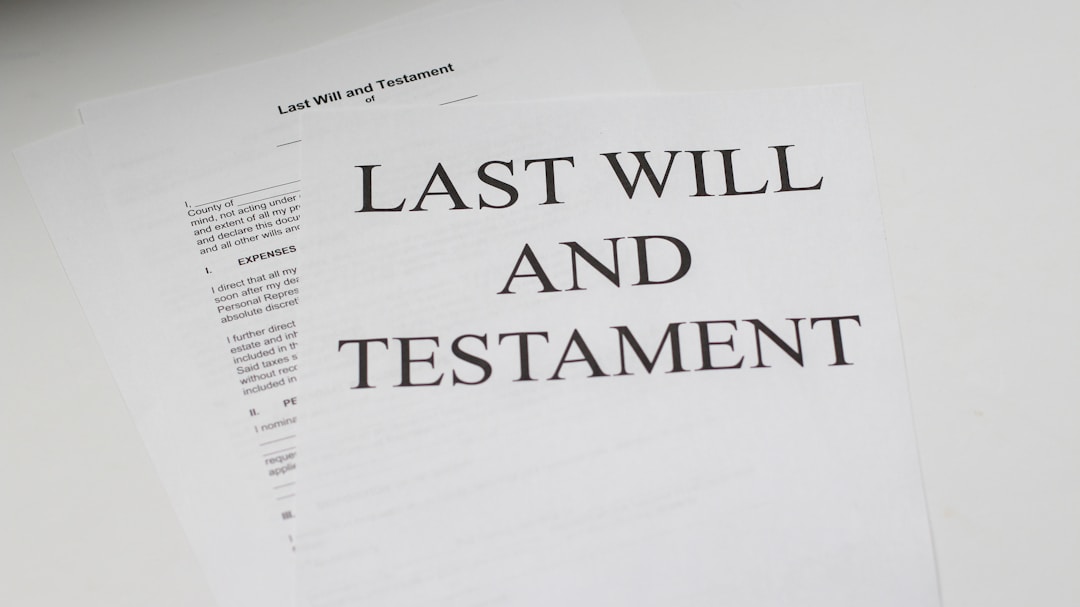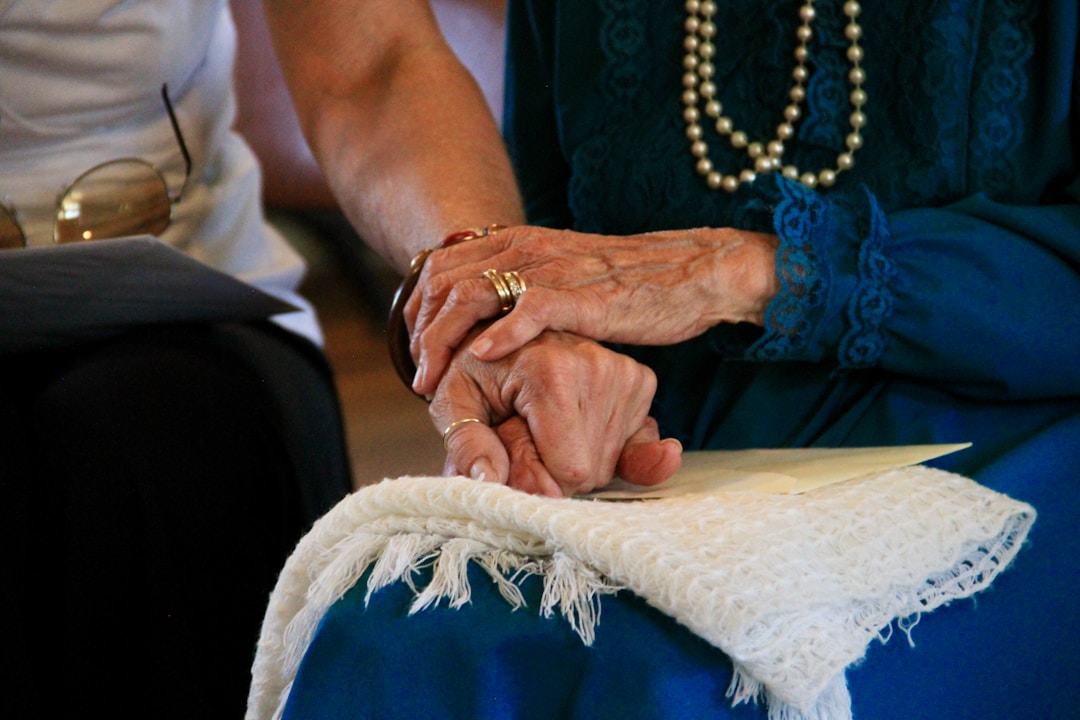No one lives forever, which is why it’s important to enjoy life and your family members and plan for their financial security after you’re gone. Planning your estate is the best way to ensure your last wishes are carried out correctly and your family’s interests are protected. However, if you fail to prepare for the inevitable, it could create financial chaos for your family after your passing. If you leave behind a large estate and don’t make your wishes known, it could lead to arguments and animosity, not to mention confusion.
Planning your estate might not be the most exciting thing on your list of important things to do, but it doesn’t have to be difficult either. Continue reading to get some estate planning tips that will protect your assets and help secure your family’s financial future.
1. Create a last will and testament.

Creating a last will is the most essential element of estate planning. Writing your own will not only enable you to detail exactly what you want to happen with your assets, but it also allows you to control every detail of your last wishes, including memorial and burial details.
Losing a loved one is devastating, and unfortunately, it often brings out the worst in people. They could end up arguing over everything from how to divide your estate to whether you prefer cremation or burial. Writing your last will ensures that no one has to make any decisions or assumptions about your estate and last wishes.
If you need help navigating the ins and outs of estate planning, the Gentreo free trial is for you. Gentreo is an online will maker designed by lawyers to make estate planning easier than ever. You can use the free trial to research what legal documents you’ll need for your estate and even learn how to create an online will using the Gentreo online will maker.
2. Designate an executor for your estate plan.

Typically, when someone passes, the duty of managing their estate goes to their spouse or their power of attorney, if they had one while they were living. However, if you’re not married and haven’t granted someone power of attorney, it’s best to choose an executor for your will.
One of the most common things for beneficiaries to argue over is who will act as the guardian of the deceased’s estate. By designating someone to be the guardian yourself, you can remove all confusion about who will manage your estate once you’re gone.
3. Protect your estate with an irrevocable trust.

Oftentimes, the deceased’s final expenses can end up being more than what they actually left behind. Furthermore, estate taxes take away from the money you intended for your beneficiaries. By putting your money in an irrevocable trust, you can ensure that no one gets your assets after you’re gone except your beneficiaries.
An irrevocable trust is a great way to protect your assets from taxes by removing them from your taxable estate. Any assets you put in the trust will become the property of the grantor until you pass and your estate is disseminated.
4. Discuss your plans with your family.

The best way to ensure your last wishes are respected once you pass is to discuss them with your family members—after all, they’ll be the ones most affected. Discuss your plans for everything from the car you found when googling “used cars Regina” to the gas grill in the backyard. Admittedly, it won’t be the easiest conversation you’ve ever had with your family, but ultimately, it will be beneficial for you and them.
It will be hard enough on your loved ones when you pass away, but you can alleviate some of their stress by making the proper preparations. Writing your last will, choosing an executor, putting your assets in trust, and discussing your plans with your family are all great ways to ensure you get all your last wishes.

